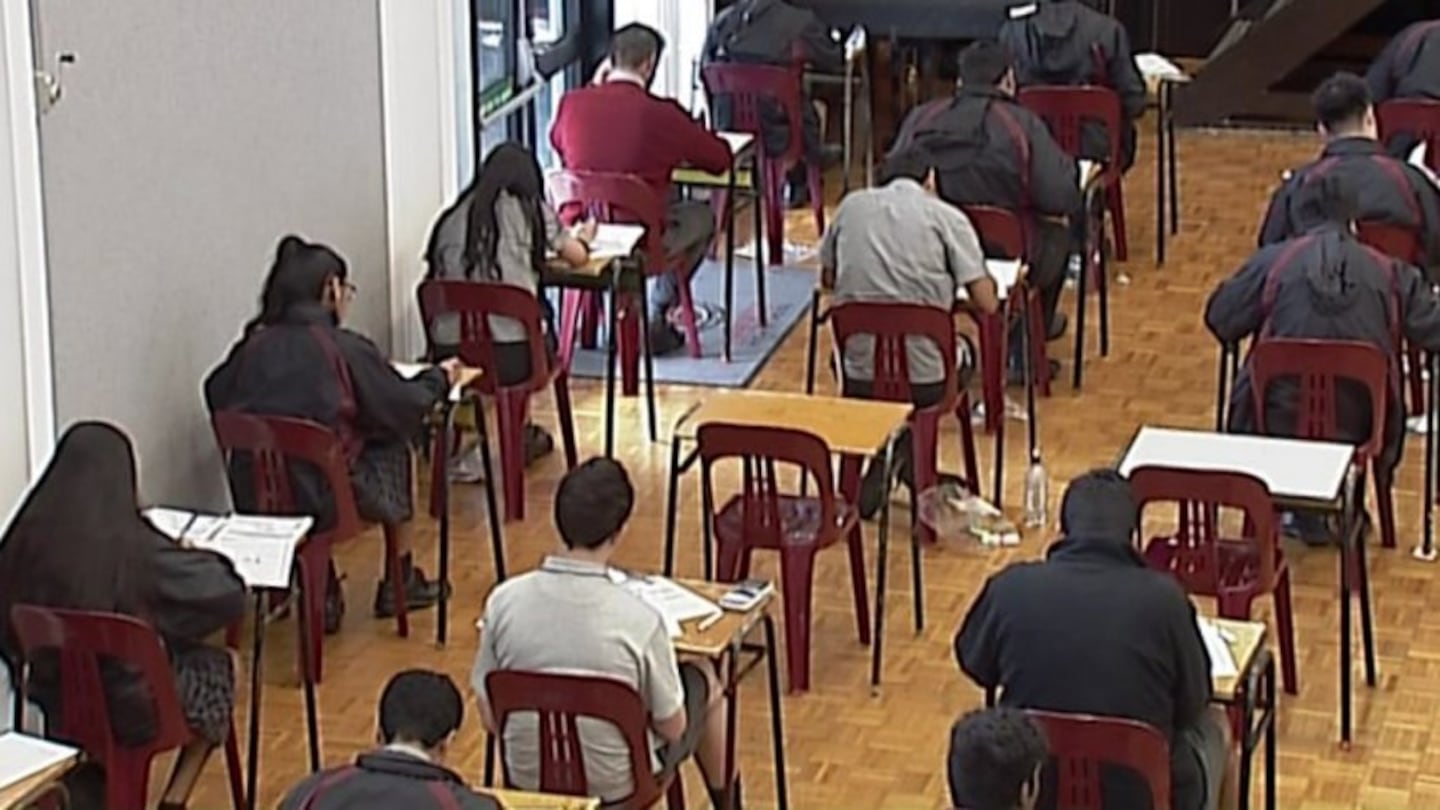School leavers with NCEA will be required to have minimum maths and literacy skills with a new assessment to be introduced for the next school year.
Education Minister Jan Tinetti says the government is prioritising maths and literacy outcomes that have fallen in recent years.
“My bottom line is to ensure our young people get the education they need and deserve. This includes giving students, along with their parents and employers, confidence that they are leaving school with a strong foundation in maths and literacy,” Tinetti said.
The changes will see NCEA Level 1 students begin the new assessment next year. However, Level 2 and 3 assessments will be pushed back a year, starting in 2026 and 2027 respectively, to give schools and teachers time to implement the changes and reduce pressure on workloads.
Slowing wider implementation
“Currently there are over 500 maths and 100 literacy standards. From next year there will be a list of the essential and foundational maths and literacy assessment standards that a student must achieve to pass NCEA.
“But to get this right we are easing the pressure on teachers by slowing down the wider implementation of NCEA level 2 and 3 and re-focusing the work to refresh the curriculum," Tinetti says.
Mathematics, English, te reo Māori and pāngarau will be prioritised with the requirement for schools to implement other subjects deferred by a year, with the exception of the Aotearoa New Zealand histories and Te Takanga o te Wā subjects which are already required.
"The refresh and redesign of the curriculum will continue on existing timeframes and be available to all schools from 2026, but teaching it won’t be compulsory until 2027.
“Three years of Covid-19 disruptions have left teachers and students exhausted, so we want to make sure that we are easing that workload a bit and are focusing on what matters to families most."
The sector has welcomed the moves. Secondary Principals Association President, Vaughan Couillault, says there had been concerns about the capacity of schools and teachers to implement the changes under the previous timeline.
More time
“With this adjusted timeline, schools will have more time to build their capacity and adequately prepare for the changes, ensuring that the new standards can be more successfully integrated into teaching practice.”
Te Whengarua PPTA, the secondary schools' teachers union, is also pleased the minister is listening to concerns.
"The new timeline for NCEA Levels 2 and 3 gives the ministry time to create the resources needed for a successful change. We also need more time and resourcing allocated to secondary teachers for professional development relating to the NCEA changes.
“The minister’s decision relating to the literacy and numeracy changes will give schools a little more flexibility to implement these high-stakes changes," acting president Chris Abercrombie said.
NCEA Level 1 for all secondary schools and kura will be fully implemented in 2024 as planned. In 2023 more than 350 schools and kura are being supported to use the new NCEA in pilot status.



